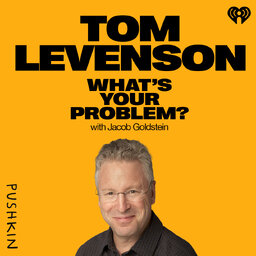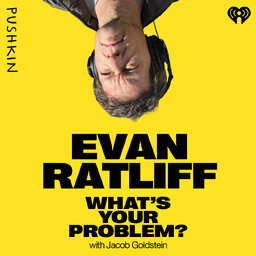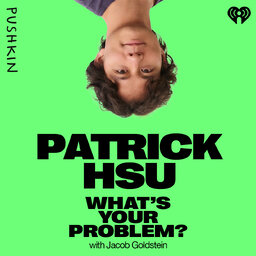Going to the Doctor Sucks. Can AI Make it Better?
Allon Bloch is the co-founder and CEO of K Health. Allon’s problem is this: Can you use AI to make seeing a doctor easier and more helpful?
Today, thousands of patients a month are treated through K Health. The company has an AI-based patient interface and it employs about 150 doctors. And K Health has plans to expand beyond primary care -- and they just raised another 50 million dollars to help them get there.
In 1 playlist(s)
What's Your Problem?
Every week on What’s Your Problem, entrepreneurs and engineers talk about the future they’re trying …Social links
Follow podcast
Recent clips

The Killer We Refused to See
39:13

The Startup Run by AI Agents
54:16

Can AI Help Solve Alzheimer’s?
33:47
 What's Your Problem?
What's Your Problem?